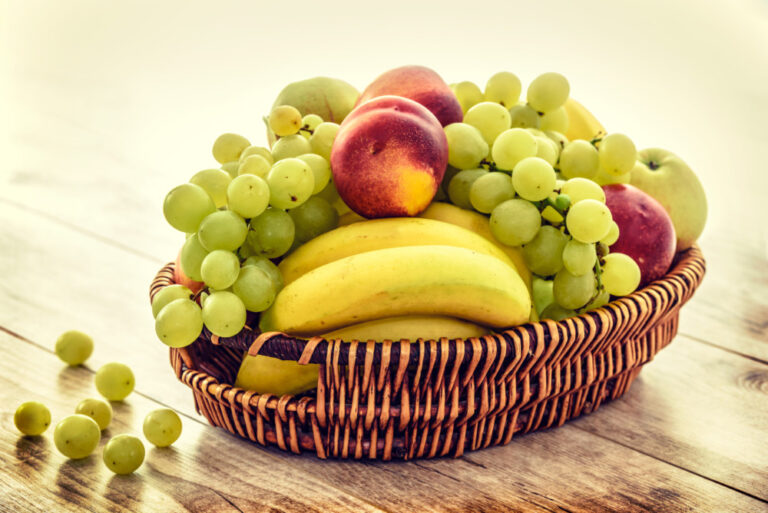Good News All Around
Going the vegetarian route may only be the first step; if you really want to eat in a way that is seen by many in trending circles as the most socially conscious, you may want to consider veganism. But if you do go the vegan route, you’ve got some strategic planning to do. Those who are already vegans understand. Consider traveling abroad. While you can book your flight easily, and pack your stuff in an hour, even send it to another part of the world via agency, planning what and how to eat can be a tricky part.
Trends across the Atlantic or Pacific aren’t going to be quite the same as they are in America. Sure, you’re going to find some shops that cater to vegan needs, but the vast majority are unlikely to. Your best bet is to learn how you can eat vegan locally, then take that knowledge to the road.
Also, keep an eye out for new solutions. Veganism seems to be on the rise. So don’t fret, the atmosphere not catering to vegans today may very likely change. But until then, start your abroad strategy by determining what foods are vegan, and what foods aren’t.
Some vegan-friendly snacks include fruit, dark chocolate, pickles, salsa, hummus, roasted vegies, avocado on toast, olives, sesame oil, nuts, salt, hash browns fries and tater tots (depending on the oils used), seeds, dried fruit, vegan ramen, rice cakes and almond butter, pappadams, and shelled peanuts and since recently – even vegan-friendly candy.
Finding Food Abroad
You can find most of the above-listed foods abroad; if you’re unable to get a full meal, you might just count some calories and ensure you stock up on the things you like. When it comes to full meals, there are some considerable options as well. Spaghetti and tomato sauce is perfectly vegan, so are sandwiches without animal products—wraps can be ideal.
Bagels using nut butter, cream cheese designed specifically for vegans, or hummus can get you through a hungry stretch between countries. Of course you’ve got salads—just be sure to put the right proteins in there, like nuts, almonds, or seeds. Also, quinoa can be very good for you, and doesn’t harm any animals intentionally (though any harvest accidentally hurts some creatures—there’s no way out of collateral damages!).
When it comes to drinks, coffee is just fine, you can use almond milk for your vegan cereal if you like, tea is fine, so is kombucha and chai made in a non-dairy vegan way. You’ve got fruit smoothies, vegetable juices, and protein powder. Also, most alcohols, beers, and sodas don’t use animal products—but these aren’t necessarily healthy.
Still, in a pinch, you could drink several stout beers should there be no immediately visible vegan options in the country you’re visiting. Just be sure you’ve got a way to get back to the hotel/hostel/host family you’re staying with!
Considering The Reality
Also, as you travel, you need to look for alternative health solutions in todays market, like those endorsed by this website.
Finally, just because something is “vegan” doesn’t mean it’s good for you. Organically grown vegetables with certain “organic” pesticides can be just as unhealthy as non-“organic” pesticides. You’ve really got to do your homework in order to diminish your personal impact.
Look into the chemicals that are involved with your foodstuffs. Be careful, there are things endorsed today which are very bad for you, and can even undermine the most ardent vegan. Look for natural options which don’t use animal products. Eventually you’ll get the hang of it locally, and then you’ll be prepared for international travels!




Comments are closed.